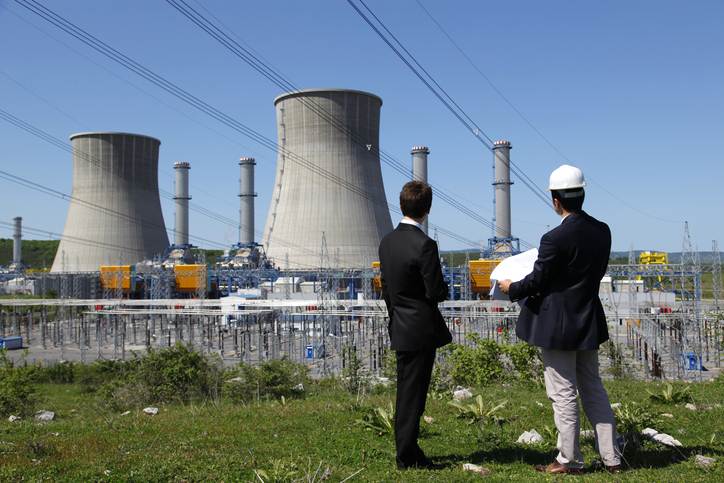Early this morning the court cleared Exxon Mobil in hotly contested litigation that was pending in New York. In a bench trial[1], which took place in October 2019, the New York State attorney general alleged that Exxon defrauded investors by inflating their value with internal climate risk metrics. Additionally, several have alleged that such misrepresentations have led to significant impacts on climate change globally. Today, the court ruled that the New York attorney general failed to present sufficient evidence to support its claims …
Continue Reading










